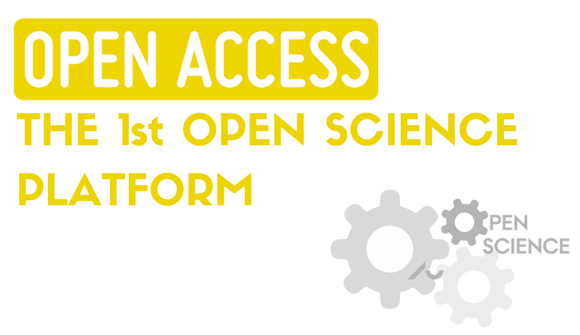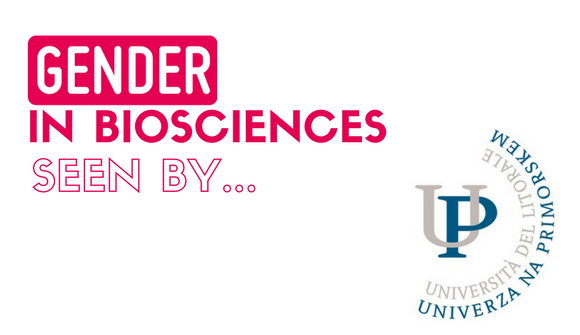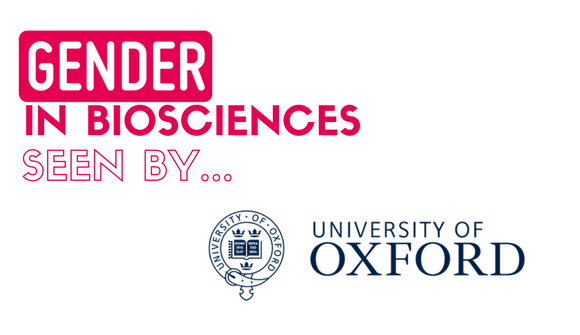An innovative free of charge tool Along with a number of leading Danish industrial companies, Aarhus University has opted out of the academic and patenting rat race in a new collaboration on basic research of relevance to industry. Researchers and companies from all over Denmark have the opportunity to publish their results and data on the innovative Open Science platform, where the information is available free of charge to everyone interested. Established with funds (DKK 2.5 million) from the Danish Industry Foundation, the platform combines basic research with industrial innovation, ensuring that industry and universities get greater benefits from each other’s research and technology. The Open Science platform breaks the barriers that make it difficult and expensive for companies to gain access to the part of basic university research that is most relevant for them. It also addresses a number of major challenges facing basic research, in particular in Denmark, where both researchers and grant providers focus increasingly on safe bets. Why creating an Open Science platform? The aim of the Open Science platform is to have university researchers and companies collaborate to create basic new knowledge that is available to everyone – and which no one may patent. However, everyone is subsequently free to use the knowledge to develop and patent their own products. The interest for such an idea of collaborating in a patent-free zone is enormous among companies that otherwise use substantial resources on protecting their intellectual property rights. The first platform focuses on smart materials and …
Gender in Biosciences, seen by the University of Primorska, Slovenia
Dr. Elena Buzan – is Head of department for Biodiversity and coordinator of study programme Biodiversity and Nature Conservation at Faculty of Mathematics, Natural Sciences and Information Technologie at University of Primorska. She is also responsible for the societal engagement of UP, for the technology transfer and regulation of policy regarding intellectual property, for promoting gender equality, and for the importance of Open access and ethic knowledge in the bioresearch. 1. How do you understand “Gender” in biosciences research? I think gender issue is one of the crucial point to solve in Biosciences. Our role as researchers is to limit gender biased messaging. Women should not feel discouraged from pursuing a career in the Biosciences simply because they don’t fit a pre-determined model. A better integration of women after they finished their PhD can only improve science, as with more diversity comes more creative ideas and effective solutions. We need to stop enforcing stereotypical roles and give better support to women with families (especially small children) to continue their scientific carrier. 2. What are the current standards and actions to achieve better Gender equality in Primorska University and in Slovenia in general? Gender equality in Slovenia is slightly above the EU average, according to the EU Gender Equality Index. In spite of progress over time, there are still challenges ahead. Indicators measuring labour activity showed better results for men than for women. Women are poorly represented in the decision-making positions in employee and employer organizations. Slovenia has a fairly generous framework governing women’s sexual …
Gender in Biosciences, seen by Oxford University
Dr. Laurel Edmunds – is a Senior Research Fellow working in collaboration with the NIHR Oxford BRC and relevant researchers across the University of Oxford. She is currently leading on a series of systematic reviews evaluating women in academic medicine and research efficacy in the NIHR Oxford BRC. 1. How do you understand Gender in biosciences research? Gender is of growing importance in bioscience research for two main reasons. First, women should not be disadvantaged or treated differently in the workplace just because they are women. Second, as more and more women are going into scientific careers, they are bringing new perspectives and alternative approaches. We cannot afford to lose these resources from the biosciences. 2. What are the current standards and actions to achieve better Gender in your University and in your country? Since 2008 we have had the Athena SWAN Charter for improving gender equality in sciences in the UK. Higher education institutions sign up to the Charter and then apply for an award (either Bronze, Silver, Gold) and complete applications with supporting evidence, and submit these to the Athena SWAN organisation. Bronze requires an assessment of gender equality, a 4-year action plan and an organisational structure that can deliver the plan; Silver is awarded when a department has delivered and shown an impact from these actions; Gold these are maintained and the department supports others. Few science departments hold a gold award as they are difficult to get and keep. There is now a similar Charter …






